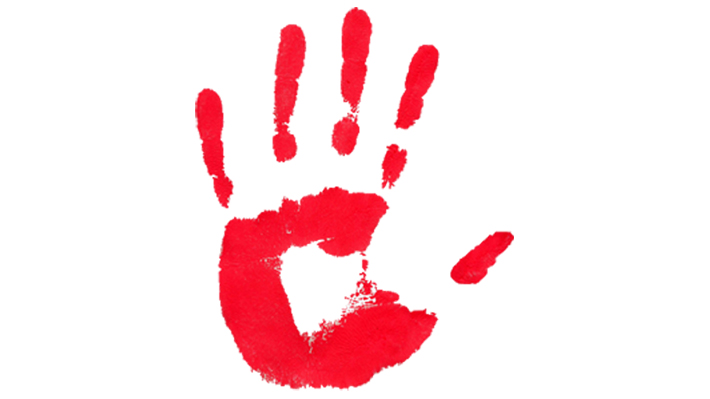Red Hand Day Access to schools important in the fight against the use of children as soldiers
Development Minister Schulze said: “We know that even in Germany many children have suffered during the school closures. In the world's crisis countries, the effects on children are much more dramatic. There, many children never go back to school because they are being misused as child soldiers. For many children worldwide, schools are a sanctuary, providing shelter. That is why access to schools is so important: children are less likely to be recruited in the first place if they are in school. On top of that, access to schools is vital if former child soldiers are to find their way back to normal life.”
The Federal Ministry for Economic Cooperation and Development (BMZ) supports various different kinds of programmes that help former child soldiers to find their way back to a normal life and give them better prospects for the future. The focus of these programmes often lies on education, since providing access to schools and other forms of education is a key tool in the fight against the recruitment of children as soldiers. The preventive effect lies in the fact that educational establishments, like families, offer a protective environment for children, which can stop them from being used as soldiers. If schools remain closed (as during the pandemic), it is much harder to prevent children from being recruited as soldiers.
Decent job and income opportunities are another effective tool in the fight to prevent children becoming soldiers. That is why the BMZ has been supporting national demobilisation and reintegration programmes in the Democratic Republic of the Congo, in Liberia and in Sierra Leone. These programmes include offers of basic vocational education and training, labour-intensive infrastructure measures and agricultural support services. Thus, they help former child soldiers and other former combatants, as well as refugees and displaced persons, to return to civilian life.
In Liberia, Cameroon, South Sudan and Burundi, former child soldiers are being given psychosocial counselling and are taught how to resolve conflicts without violence. Some projects focus on re-uniting and reconciling child soldiers with their families.
Yet other projects follow a preventive or pre-emptive approach. For example in Cameroon, measures are in place to prevent local children becoming radicalised through the terrorist organisation Boko Haram and other violent groups. In turn, the likelihood of children being recruited is reduced.
All in all, Germany is among the top donors to support education and schooling in crisis regions. On 24 January this year, Development Minister Svenja Schulze pledged 200 million euros in additional funding for UNICEF's multilateral fund “Education Cannot Wait” (ECW), which supports educational programmes in emergency and crisis contexts.
Background to the International Day against the Use of Child Soldiers (known as Red Hand Day)
On 12 February 2002, the 2nd Optional Protocol to the UN Convention on the Rights of the Child regarding the Involvement of Children in Armed Conflict entered into force.
Since then the “red hands” have been used as the symbol for public protest against the use of children as soldiers. It was agreed in the Optional Protocol that children under the age of 18 must not be conscripted into the armed forces. The recruitment of individuals under the age of 15 is listed as a war crime in the Rome Statute of the International Criminal Court in The Hague, such activities can therefore be pursued through the ICC.
